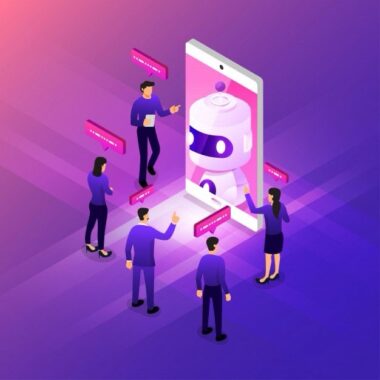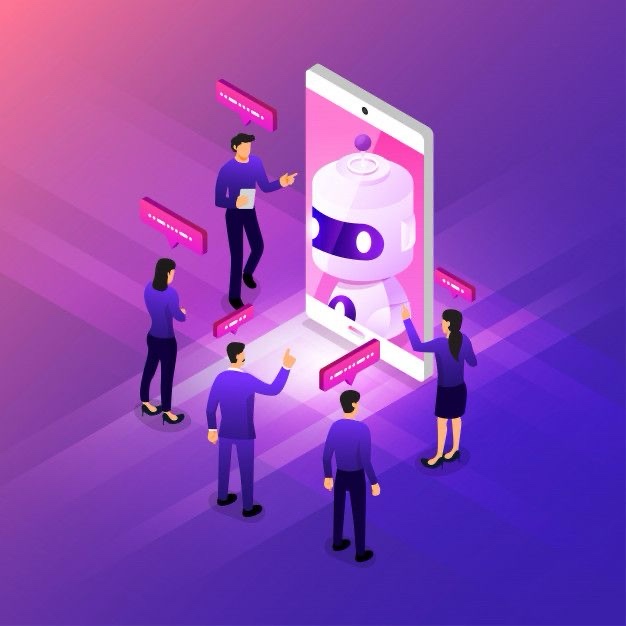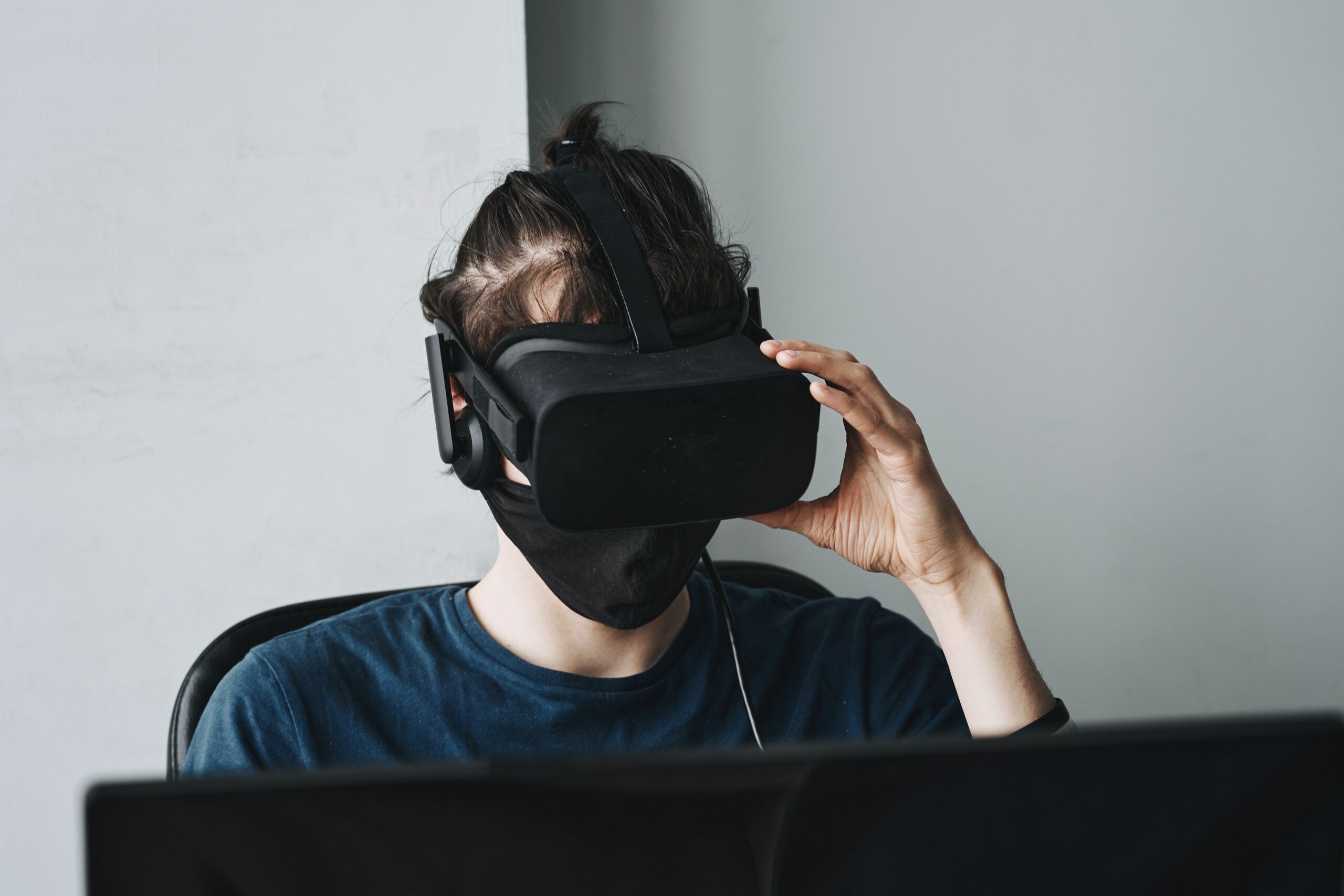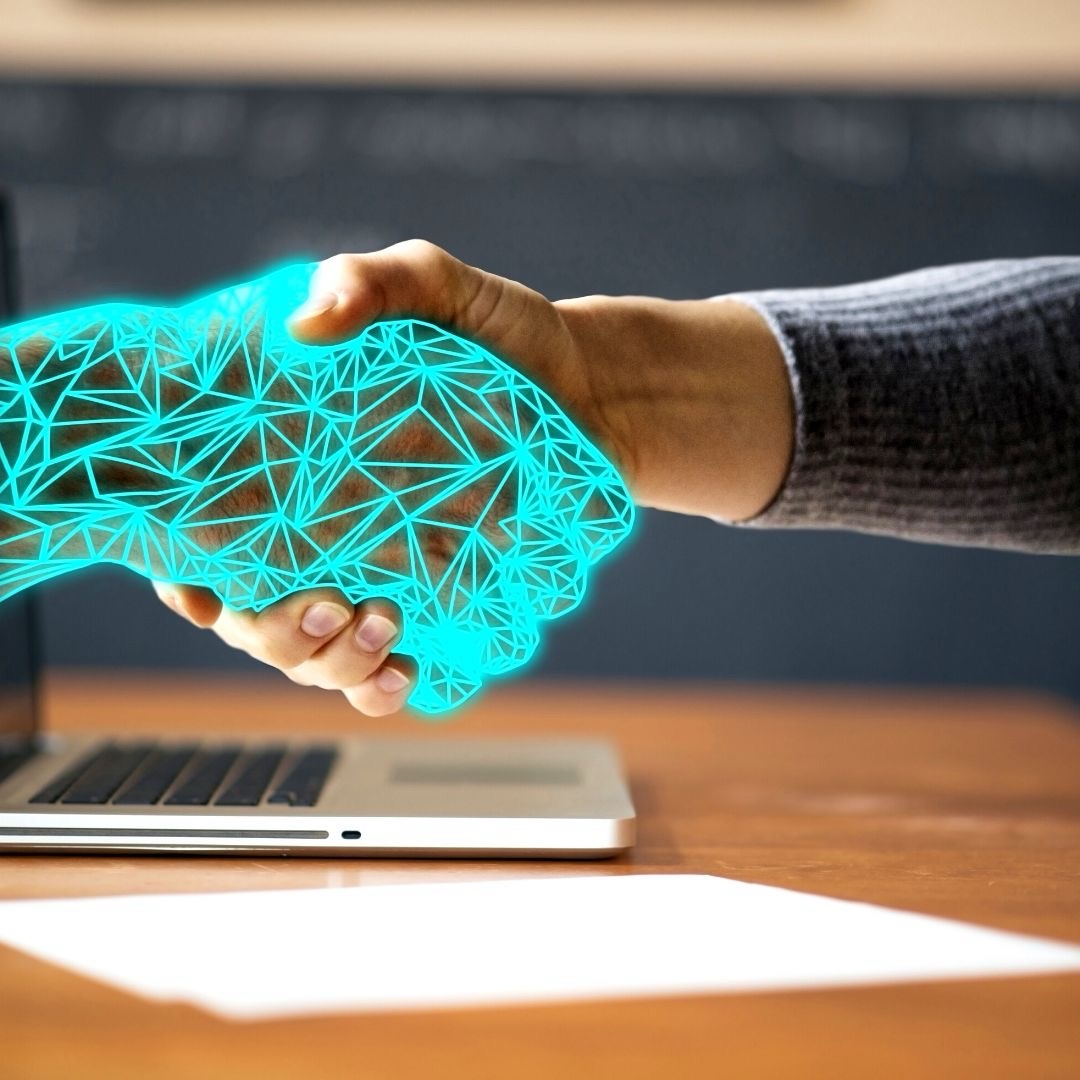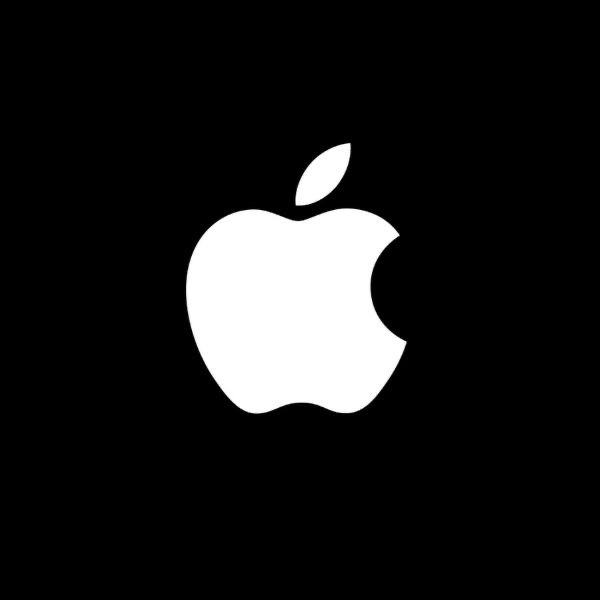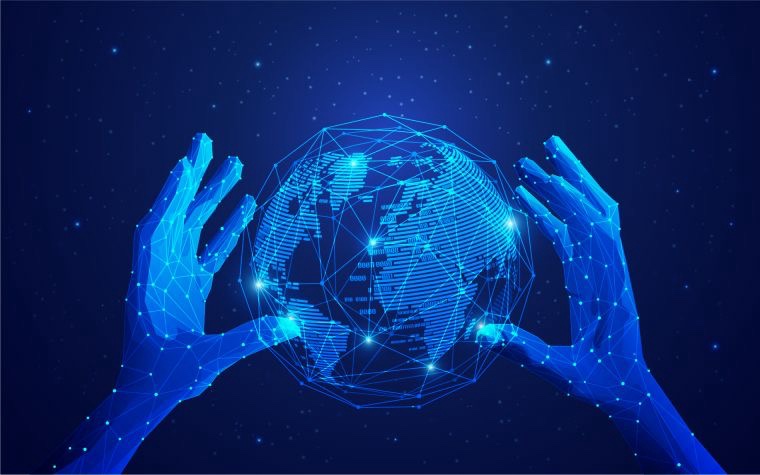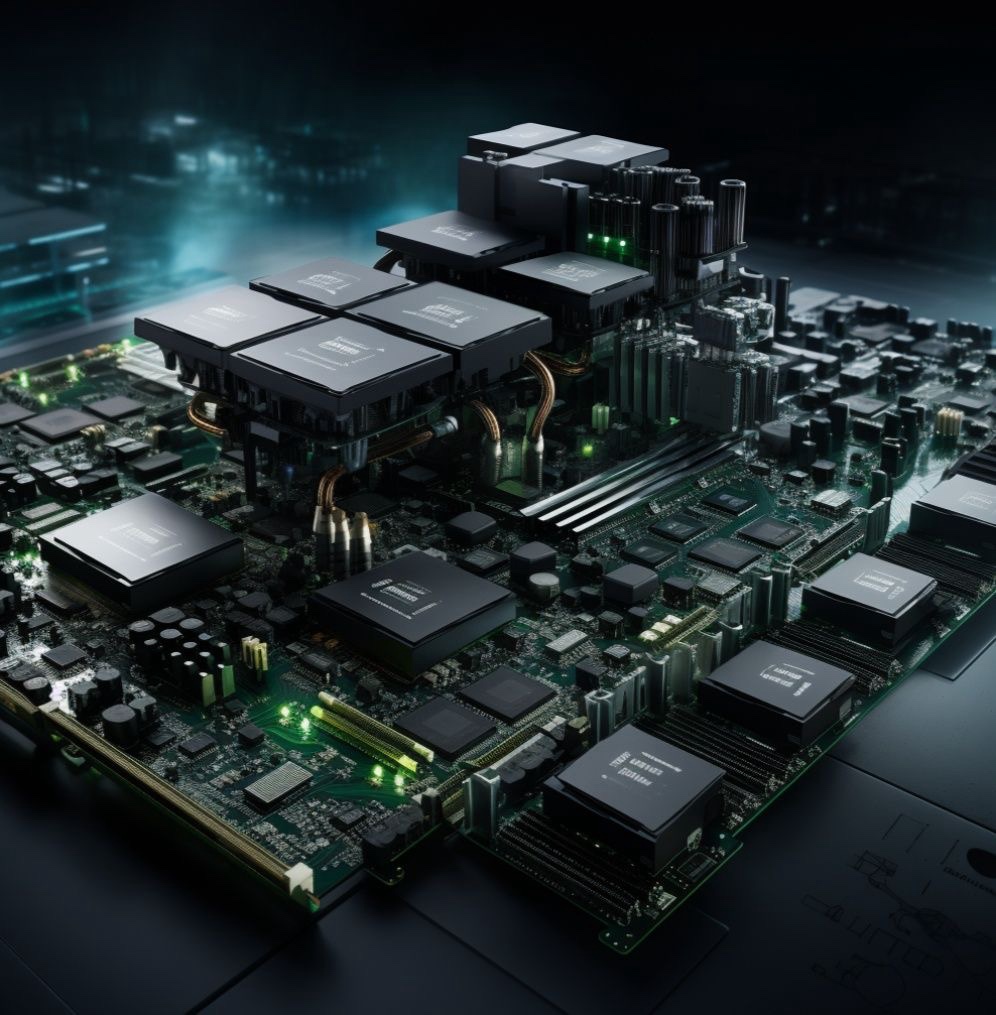Imagine a world where your fridge reminds you to pick up milk, your streetlights adjust their brightness on their own, and your farm animals send you updates on their health. It may sound like science fiction, but it’s becoming our everyday reality, and it’s all thanks to the Internet of Things, or IoT.
In Africa, just like anywhere else, the IoT is quietly transforming our lives in practical and meaningful ways. It’s not a concept only for tech gurus or big city folks; it’s something that impacts all of us, from farmers in the countryside to urban dwellers.
So, let’s break it down in simple terms. What exactly is this Internet of Things, and how is it changing the way we live, work, and play?
1: What is the Internet of Things (IoT)?
At its core, IoT is about connecting everyday objects to the internet. It’s like giving things around us, whether it’s your toaster or your car, a voice to communicate with each other and with you. These things can collect data and send it to the internet, making them smart and allowing them to respond to different situations.
2: How Does IoT Work?
Think of IoT as a big network of talking things. These things have sensors, like eyes and ears, to see and hear what’s happening around them. For example, your home’s thermostat might have a sensor to measure the temperature. This data is then sent to the internet through your Wi-Fi.
Once this data is online, it can be analyzed and used to make decisions. So, if your thermostat senses that your home is too warm, it can tell your air conditioner to cool things down automatically.
3: Practical Examples of IoT
Now, let’s make this even more relatable. In agriculture, farmers are using IoT to monitor soil conditions, weather, and even the health of their cattle. They get alerts on their phones when it’s time to water their crops or when a cow needs attention.
In smart cities, streetlights automatically brighten when it gets dark and dim when there are fewer people around, saving energy. Waste bins send signals when they’re full, so they are only emptied when necessary, making city services more efficient.
4: The African Connection
IoT is not just for big cities; it’s making a big impact in rural areas too. Small-scale farmers can receive information about weather patterns, pest alerts, and market prices for their crops. This helps them make better decisions and improve their yields.
5: Challenges and Opportunities
Of course, with great power comes great responsibility. Security and privacy are crucial concerns. We need to make sure that our smart devices are safe from hackers and that our personal data is protected.
But, the opportunities are boundless. IoT has the potential to revolutionize healthcare, education, and transportation in Africa, bringing improved access to services and enhancing the quality of life for many.
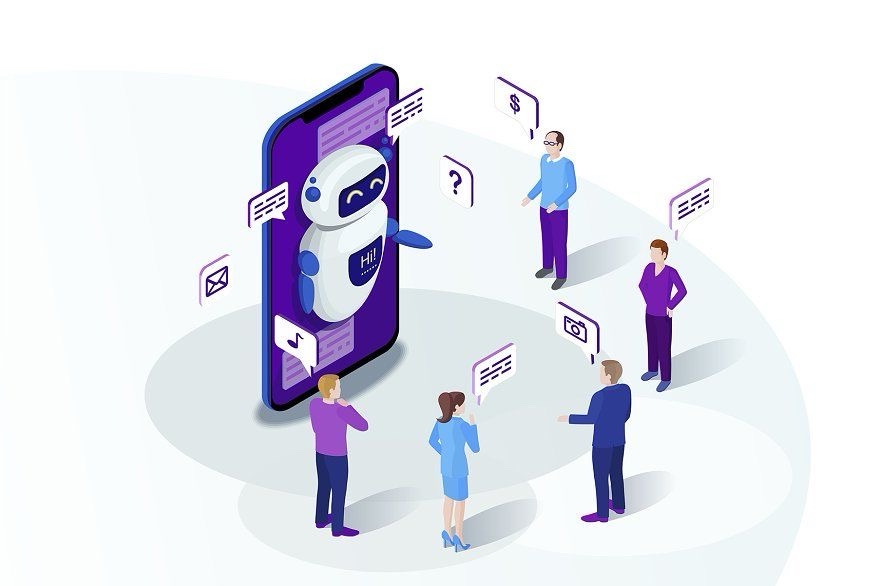
Conclusion
The Internet of Things is not just about gadgets and gizmos; it’s about making our lives more efficient, convenient, and better. It’s about connecting people and things, no matter where they are, to create a smarter, more connected world.
So, whether you’re a farmer in the heart of Africa or a city dweller, IoT is making its presence known in your life, bringing a brighter and smarter future to us all. It’s a journey worth following, and we’re all on board!





